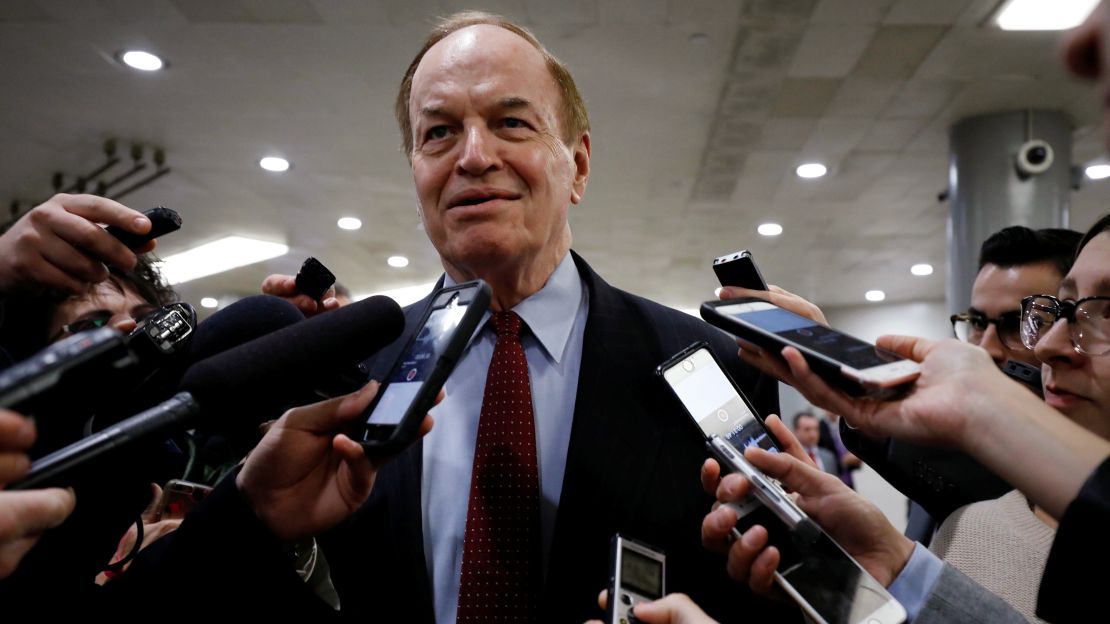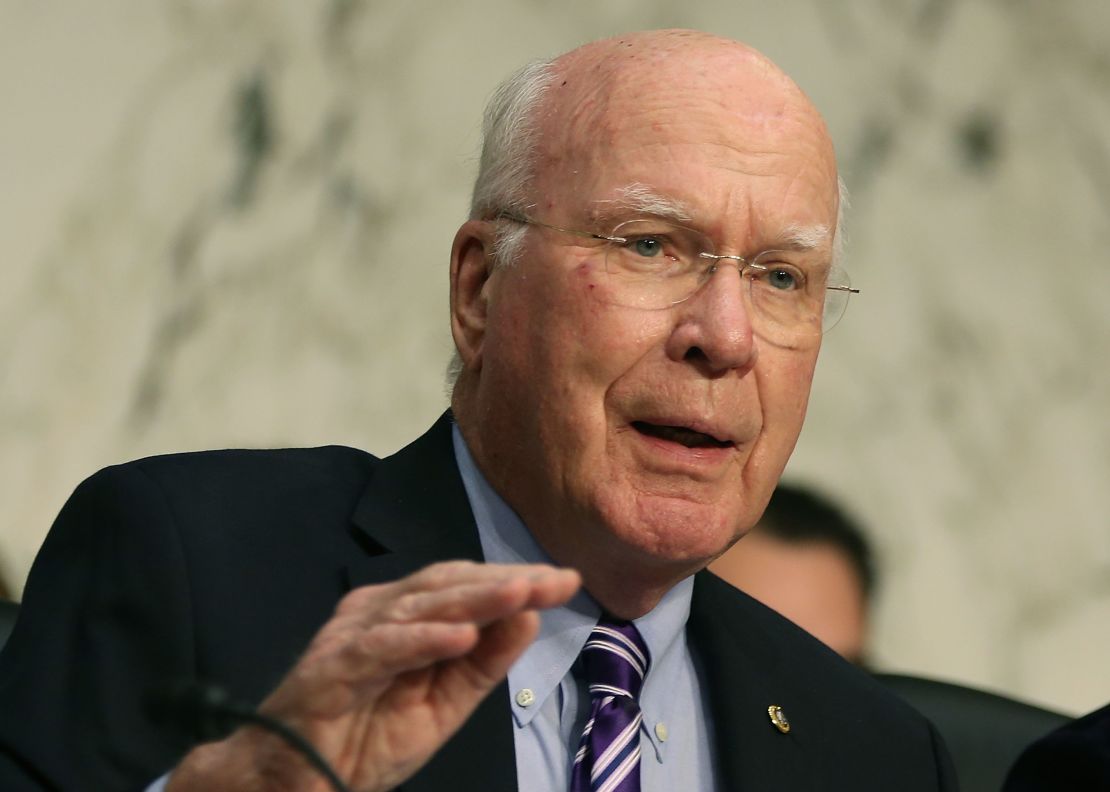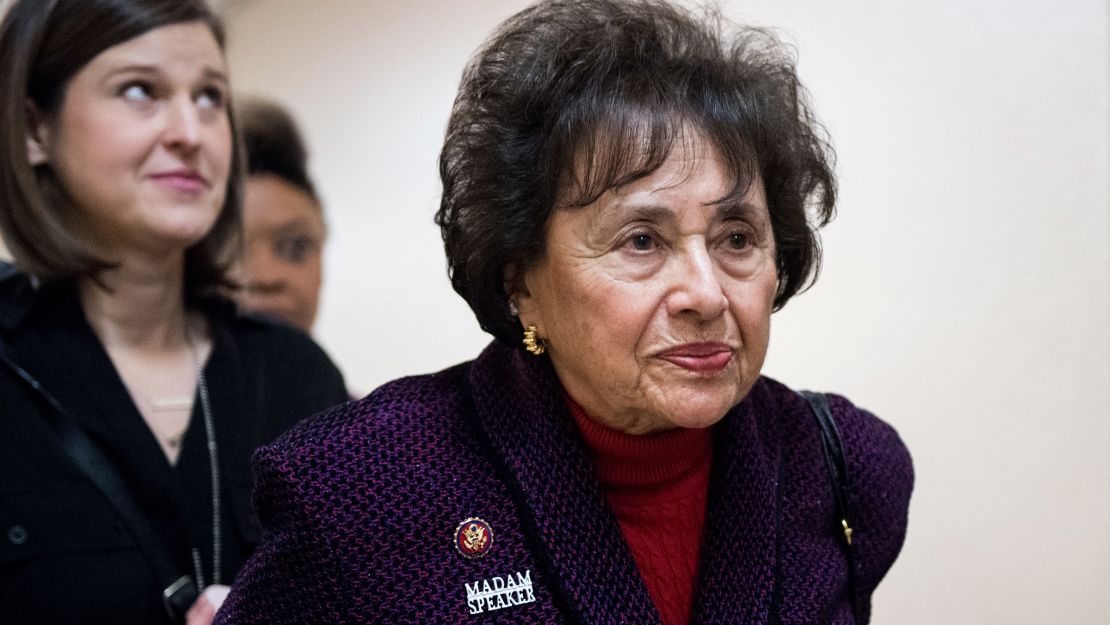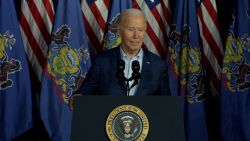Following President Donald Trump’s announcement Friday to reopen the government came the news that efforts to reach a legislative solution to funding border security, immigration issues and Trump’s campaign promise of a wall would go to a special committee of senators and representatives to try and hash out a deal.
This bipartisan conference committee has until February 15 to find such a proposal that could clear both chambers of Congress and get Trump’s signature. Shortly after each chamber passed the bill to re-open the government, the Senate and House also named which lawmakers would negotiate on behalf of the Republicans and the Democrats.
As the fight largely surrounds funding for Trump’s campaign promise of a border wall, the negotiators for both House and Senate come from the Appropriations committees, the panels in each chamber that determine how the federal government spends money.
While it appears obvious on its face that the members of the conference committee would all come from an appropriations panel – the measure the group will be negotiating, or attempting to conference, is a product of those two committees – it also creates an interesting dynamic on an issue that for years has flummoxed, vexed and outright defeated every legislative effort to find a compromise: immigration.
Appropriators are, by nature, deal makers and rarely come from the hardline elements of either side of the party. The Senate Appropriations Committee actually came to a bipartisan agreement on a Homeland Security bill last year – one that included $1.6 billion in border security that included funds for fencing and barrier repairs.
Does that make a final deal more likely? Not necessarily, aides in both parties say. They are all skeptical that given the red lines for both sides, particularly on the issue of the border wall, a final agreement is a long way off. Plus, the party leaders in both chambers will ultimately have a say over the final deal, and even Trump, in an interview with the Wall Street Journal Sunday, put the odds of success for the conference committee at “less than 50-50.” Still, the group marks the best chance for any kind of border security agreement in the near term.
This conference committee will meet for the first time Wednesday. See below for the 17 lawmakers who are now on the front line of Congress’ latest attempts to find a broader deal.
SENATE:

Four Republicans:
- Sen. Richard Shelby of Alabama, the Senate Appropriations chairman
- Sen. Shelley Moore Capito of West Virginia, the chairwoman of the Senate Homeland Security Appropriations Subcommittee
- Sen. John Hoeven of North Dakota, a member of the Senate Appropriations Committee
- Sen. Roy Blunt of Missouri, a member of the Senate Appropriations Committee

Three Democrats
- Sen. Patrick Leahy of Vermont, the top Democrat on the Senate Appropriations Committee
- Sen. Dick Durbin of Illinois, who is the second ranking Democrat in the chamber and a member of the Appropriations Committee
- Sen. Jon Tester of Montana, the top Democrat on the Senate Homeland Security Appropriations Subcommittee
HOUSE:

Six Democrats
- Rep. Nita Lowey of New York, chairwoman of the House Appropriations Committee
- Rep. Lucille Roybal-Allard of California, chairwoman of the House Appropriations Homeland Security Subcommittee
- Rep. David Price of North Carolina, a member of the House Appropriations Homeland Security Subcommittee
- Rep. Barbara Lee of California, Appropriations Committee member
- Rep. Henry Cuellar of Texas, Appropriations Committee member
- Rep. Pete Aguilar of California, Appropriations Committee member

Four Republicans
- Rep. Kay Granger of Texas, the top Republican on the House Appropriations Committee
- Rep. Chuck Fleischmann of Tennessee, the top Republican on the House Appropriations Subcommittee on Homeland Security
- Rep. Tom Graves of Georgia, Appropriations Committee member
- Rep. Steven Palazzo of Mississippi, Appropriations Committee member
CNN’s Manu Raju contributed to this report.

















